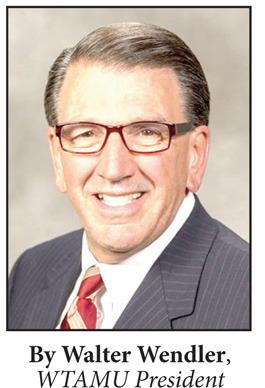Acknowledging and rewarding the hard work, contributions and achievements of all associated with any enterprise is essential, according to Mike Robbins. Recognition can be in various forms, from verbal praise and awards to promotions and financial incentives and many things in between. This not only boosts morale but also motivates people to continue delivering their best work.
The idea is challenging in a culture where many believe “Everybody gets an A” or “Everybody wins the blue ribbon.” Rewards can create jealousy and are sometimes perceived as being “rigged.” If fairness in recognition is compromised, the incidence of perceptions that the process is unfair will increase.
An engaging work culture requires rewards based on merit rather than group membership or any other extraneous characteristic of culture or personhood. Performance alone should be recognized. Effectively rewarding and recognizing people is crucial for creating a positive work culture. Publicly acknowledging the achievements of individuals and/or groups during meetings or through internal communication channels highlights the goals of the organization and people’s willingness and ability to achieve them. Equally important is recognizing behaviors essential to creating a kind of culture for success within the organization, regardless of outcomes.
More challenging, yet equally important, is for people at every level of the organization to understand and appreciate what motivates others and to recognize it when it occurs. For West Texas A&M University, tailoring rewards to individual preferences shows that generally held values are important and are recognized by others in the institution.
Performance metrics that map out excellence and behaviors with specific, measurable goals and examples are always helpful but never a substitute for timely individual assessment.
High achievers often exceed targets, deliver projects on time and produce high-quality work. Strong cultures are the result of clearheaded goals and a recognition of a high level of proficiency in individual work. My experience shows that people who create excellence in the organization are those who diligently demonstrate superior skills and behaviors that contribute to the success of the whole organization.
Exceptional people often come up with innovative solutions and are adept at troubleshooting, according to Forbes. A friend of mine mentioned to me one day that the strongest people in an organization are able to see around corners and can anticipate the need for change and growth. These are folks that organizations need to work diligently to retain and reward. They take the initiative, propose new ideas and are proactive in their approach to work. But they are not the only people complex organizations need.
Organizations need people who don’t just do what’s asked but go beyond. People who are leaders in an organization, whether they occupy a leadership position or not, often have strong collaboration skills, can work well in teams and are respected (not necessarily admired) by their colleagues. Encouraging people builds strength for the enterprise in service to all, both inside the enterprise and outside.
The strongest performers often display leadership by mentoring others, leading projects or being someone others look up to for guidance. High performers are often quick learners and can pivot when necessary to create a positive impact on the entire organization. Engaged people make a real difference in every area they are involved.
All enterprises, no matter the type, size or mission, have customers, people they serve, persons to whom our work is for and to whom we are responsible. All healthy organizations do this by recognizing those who project the image of the organization towards serving those who are intended to be the beneficiaries of the service and then recognizing success comes from every corner of the enterprise.
Using a combination of factors to recognize excellence is important, as relying on just one may not provide a complete picture. Regular feedback, performance reviews, open communication and regularly articulating a clear vision and direction can help in accurately assessing an individual’s performance and contributions.
The key to effective recognition is sincerity. Rewards and recognition should be genuine and reflect institutional values.

